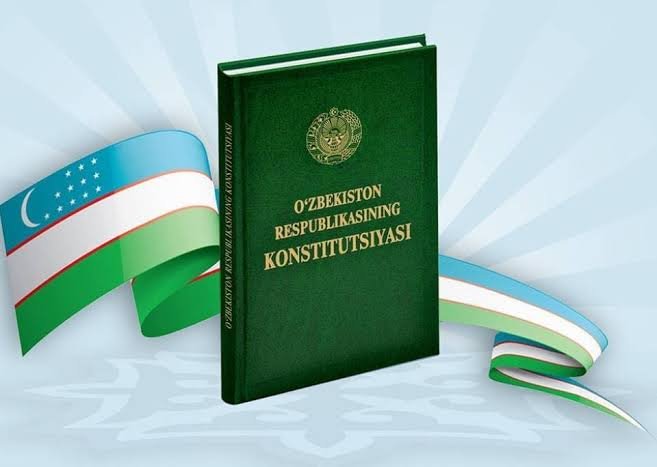by: Hafsa Akram, Research Assistant, Pakistan Research Center for a Community with Shared Future (PRCCSF), Islamabad
The constitutional reform process in Uzbekistan begins in the month of mid of 2022. In November 2021, Uzbekistan President Mirziyoyev argued that Uzbekistan’s political modernization needed to be accelerated and that constitutional modifications should be given top priority.
The overall goal of Uzbekistan’s political reforms makes the state a more effective and well-functioning entity. The constitutional amendments and reforms have helped to promote good governance, protect individual rights, and create a more just and equitable society. The constitutional amendments of the state’s essential qualities: “Liberty, Equality, and Fraternity”.
The constitution of Uzbekistan has guaranteed the strengthening of civil rights and freedom. Uzbekistan has taken great steps to promote the rule of law, which is essential for creating a stable and predictable legal system that protects the rights of all citizens. Constitutional amendments have established a constitutional order to provide more inclusiveness, diversity, pluralism, and a comprehensive society.
The fundamental right to life first comes to mind when discussing human dignity. Therefore, a law prohibiting the death sentence in the Republic of Uzbekistan has been included in the bill. Therefore, Uzbekistan’s leadership is fully committed to humanism’s core principles and our unwavering dedication to them. Additionally, a crucial aspect of human dignity from the perspective of safeguarding liberties for all. Uzbekistan’s top priority is to ensure that human rights and citizens’ liberties are the highest goals.
The key human rights reforms cover the aspects of freedom and rights of a person. Everyone is guaranteed the right to life, which is an unalienable right. The new Constitution would also confirm that the death penalty is prohibited in Uzbekistan.
The prohibition of the death penalty, restrictions on arrests, and detention are measures added in a constitution to strengthen the rule of law, promote equality, and protect individual freedoms.
Restrictions on arrests and detention can help protect individual liberties and ensure that people are not unfairly deprived of their freedom. These restrictions may include requirements for warrants or probable cause before an arrest can be made. The right to work is a basic human right that enables individuals to earn a livelihood and support themselves and their families. Incorporating the right to work into a constitution, ensures that all individuals have equal access to work.
Under new reforms, everyone would have the right to protect their personal information, the ability to correct inaccurate information about them, and the power to eradicate data that was obtained illegally,
The prohibition of deprivation of housing without a court decision is another important constitutional measure that can help safeguard the right to the inviolability of the home. This measure ensures that individuals are not arbitrarily evicted from their homes without due process of law. It is novel for the constitution to include the right to access the Internet. That is a greater step for ensuring the use of the World Wide Web.
For the New Uzbekistan, ‘’the value of human beings and their interests are above all’’. As a result, the government of Uzbekistan has promoted human values as its main objective. In the Constitution, these ideas have to be expressly defined and given a fully legal resolution.
Uzbekistan’s President Shavkat Mirziyoyev has been working on several paradigms to implement more advanced laws that would assure Uzbekistan’s progress, modernization, and advancement.





